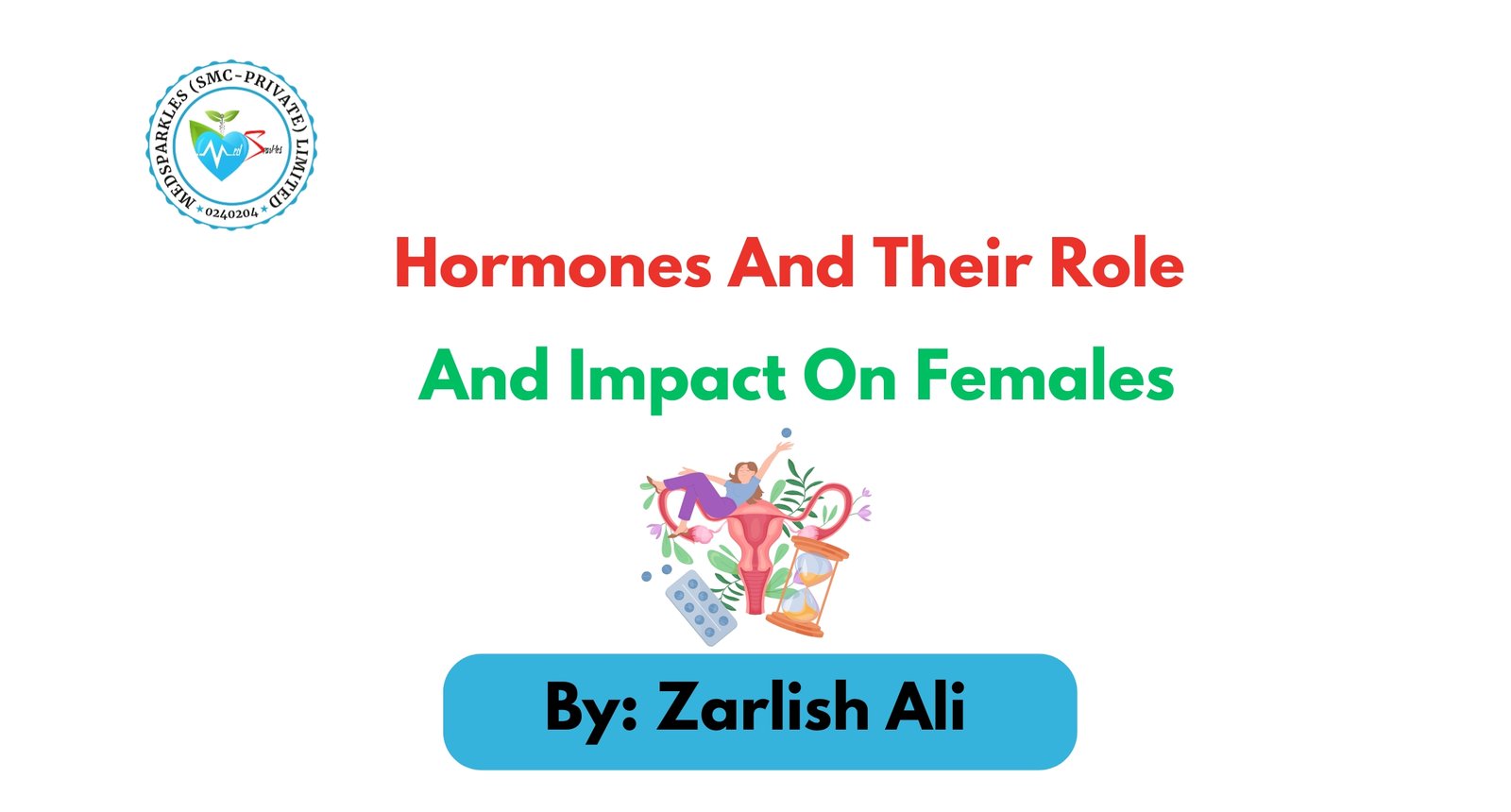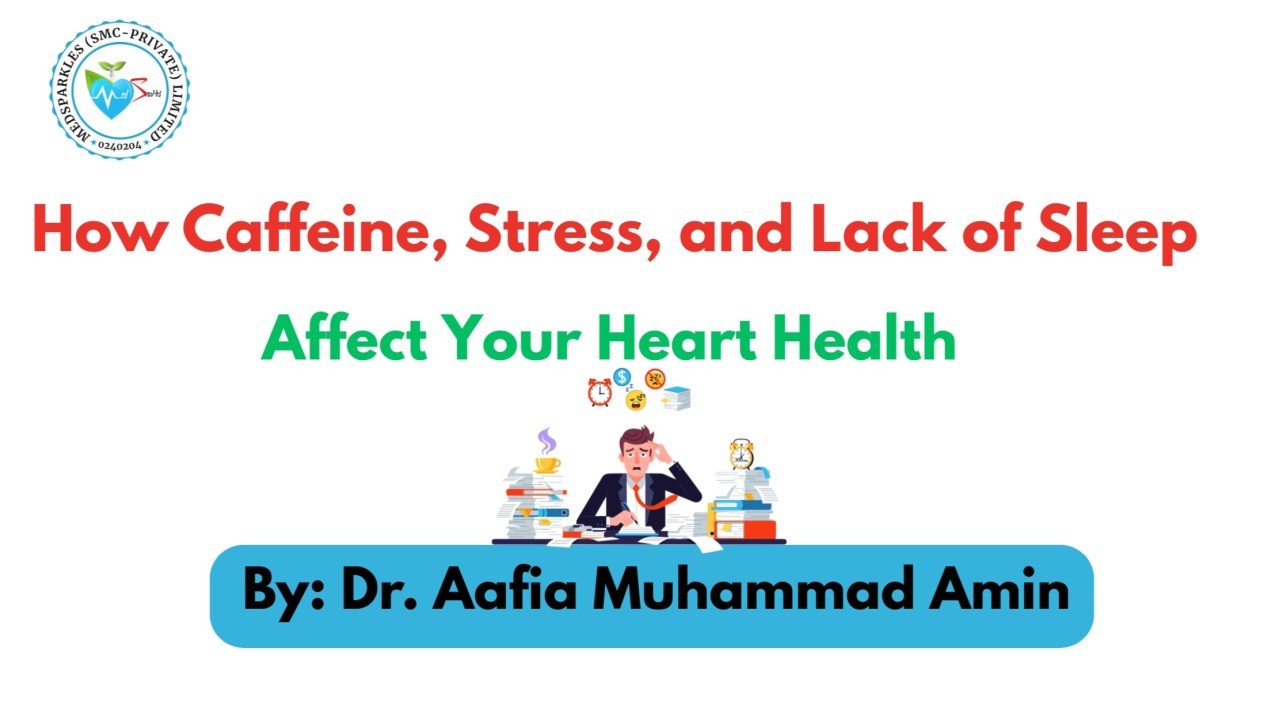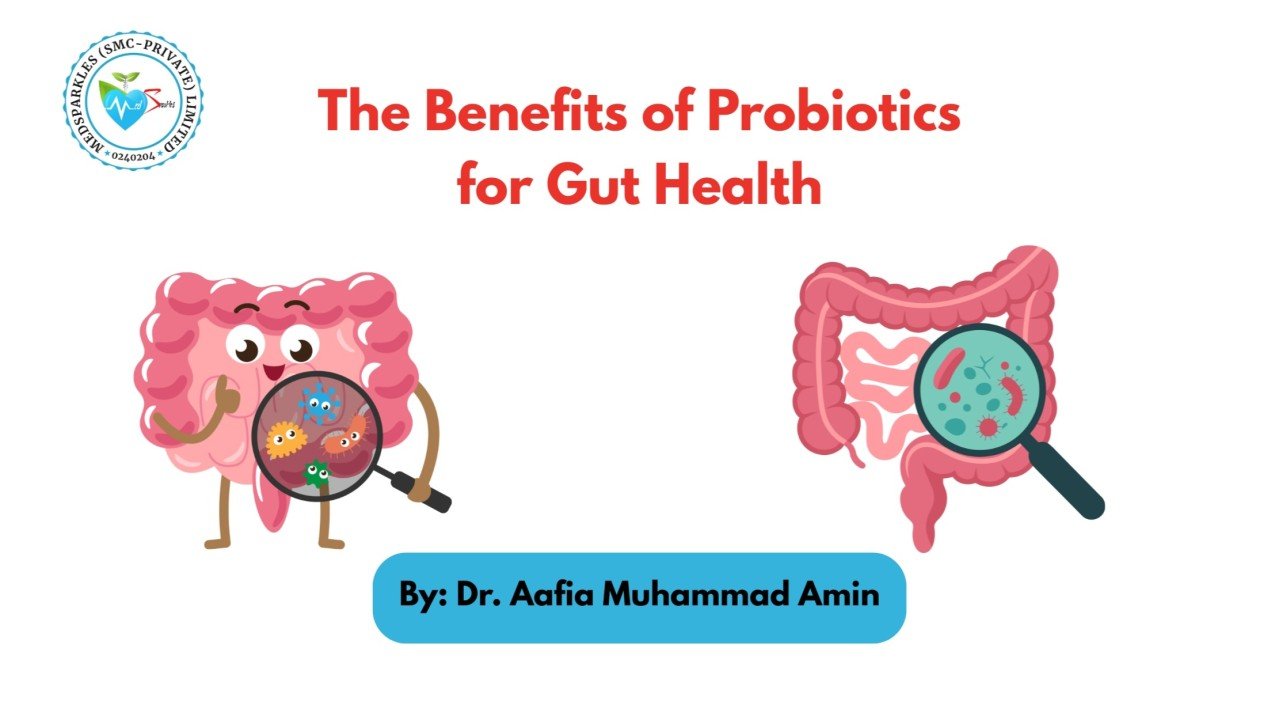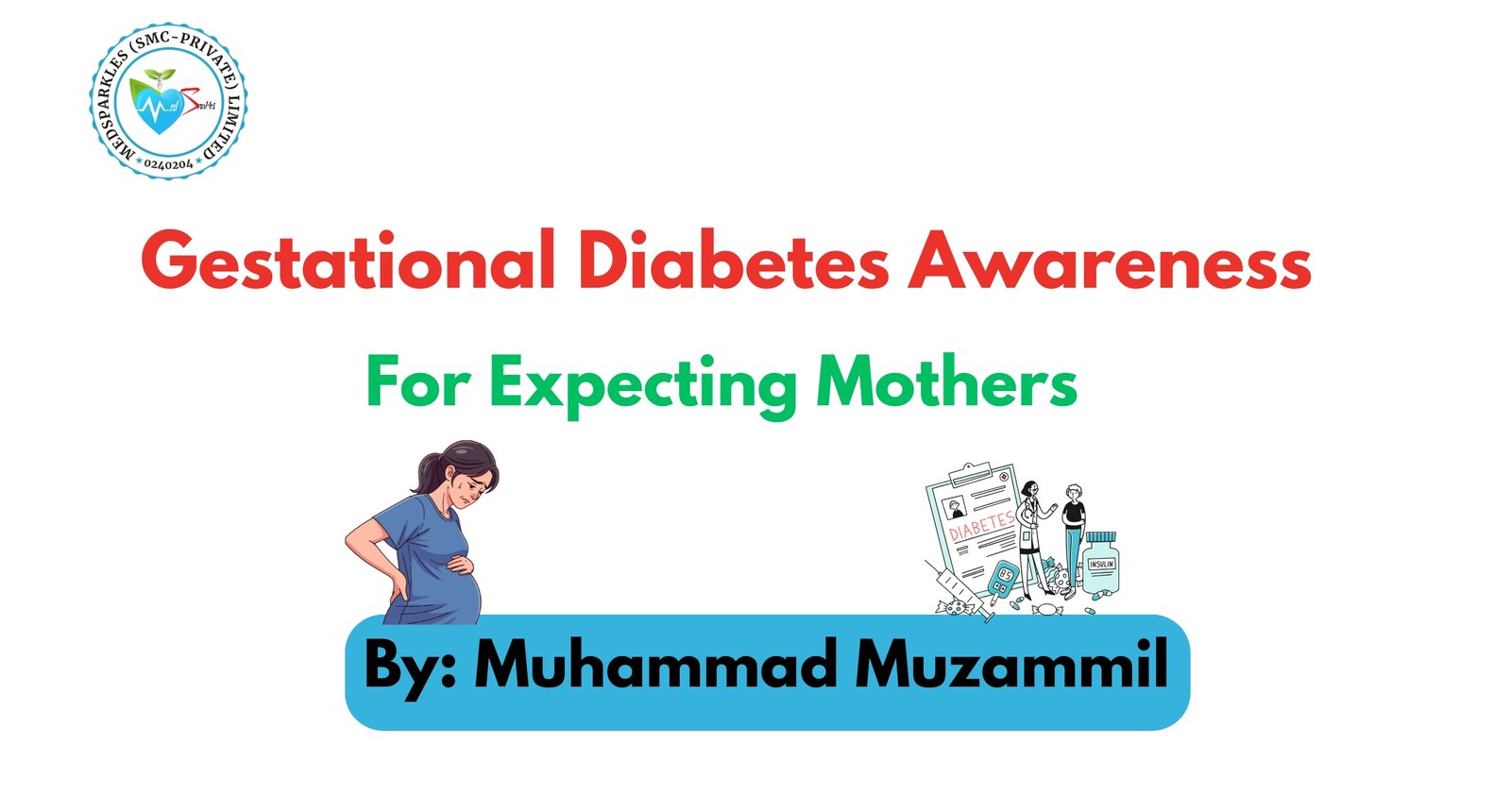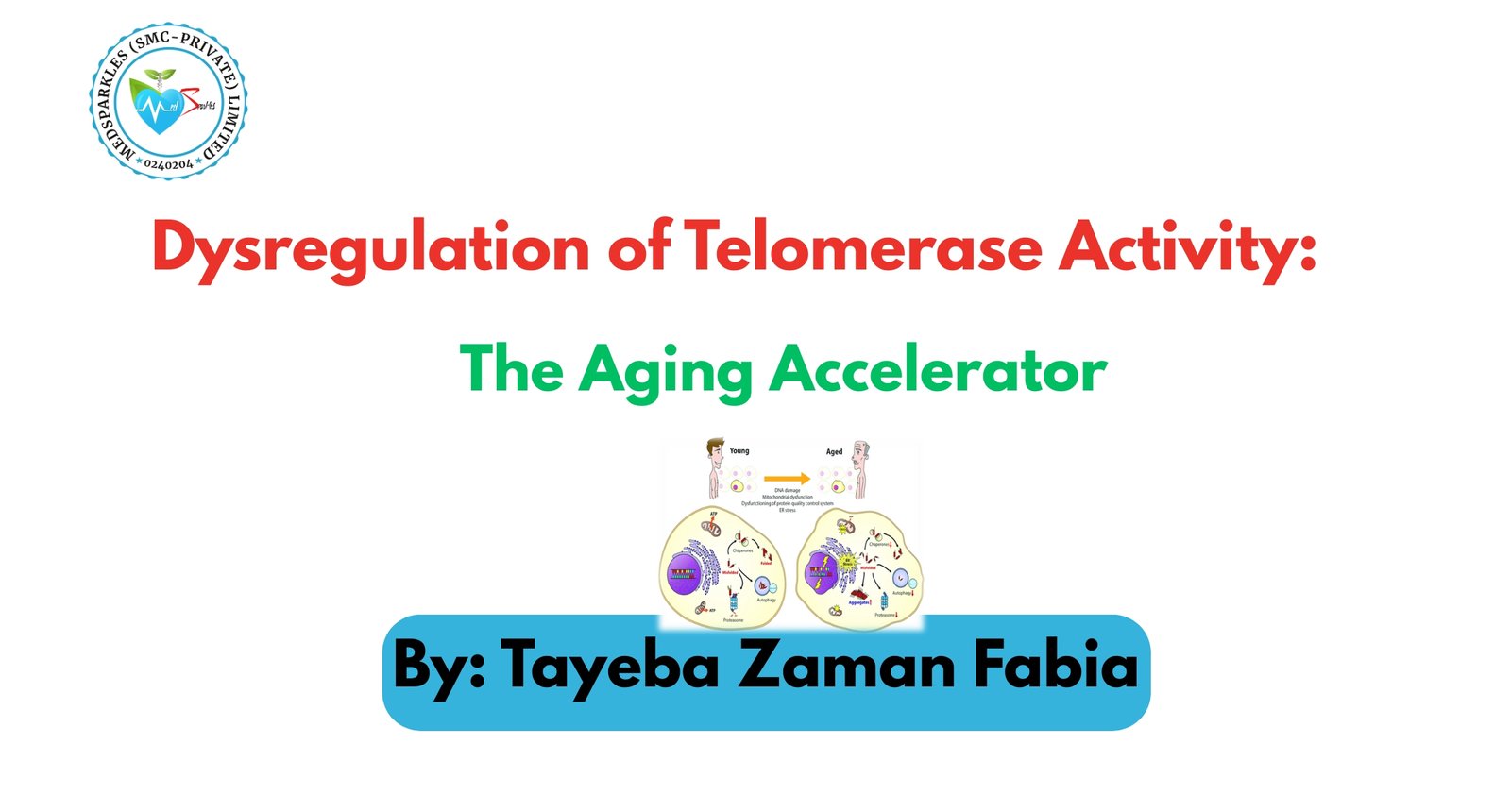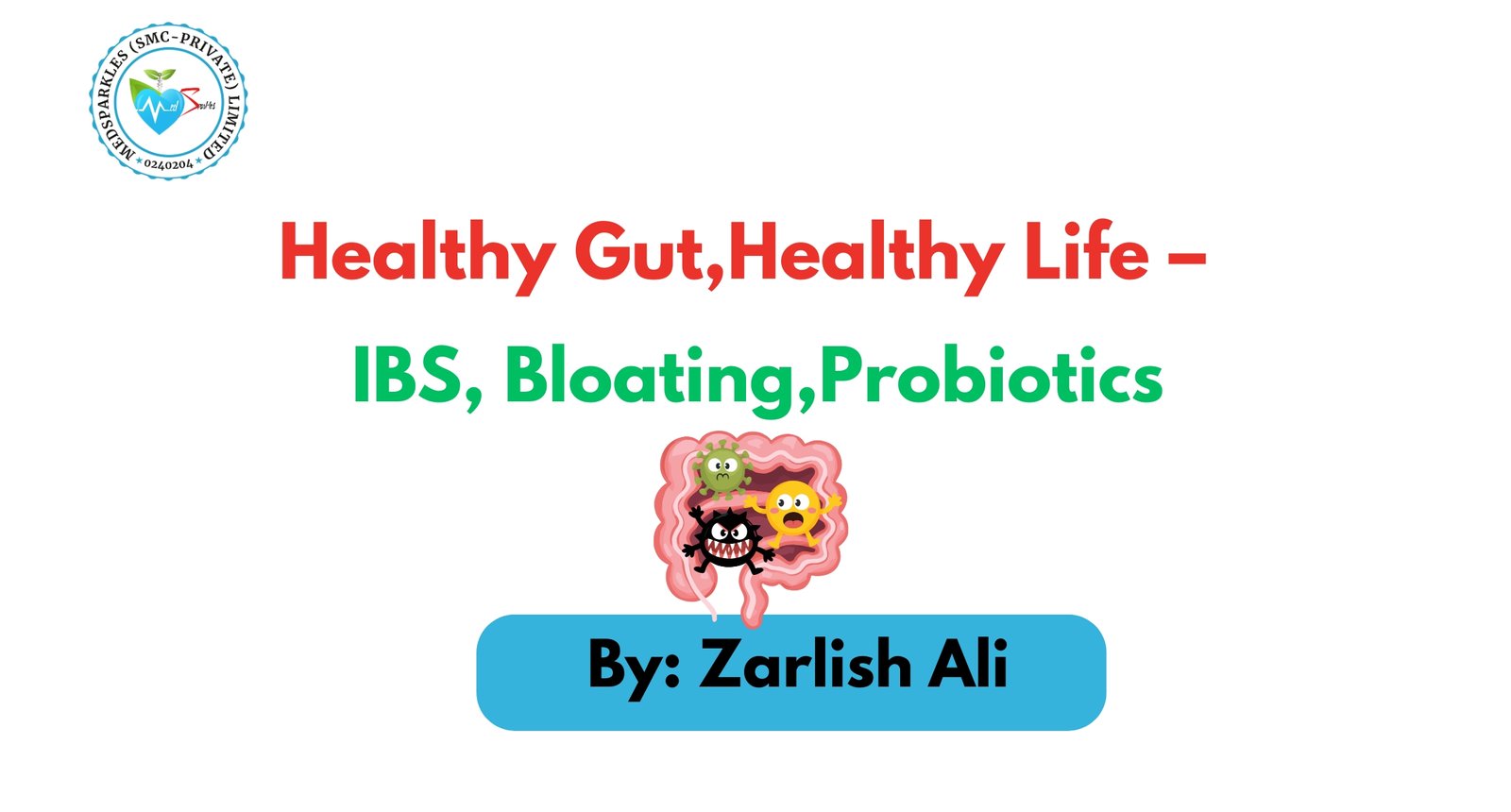What are hormones?
Hormones are chemical messengers secreted by glands in the endocrine system. They travel through the bloodstream to different part of the body, where they regulate the activity of different cells and organs. They plays a very important role in growth, reproduction, emotions and body’s overall health.
Hormones and Females
In Females, hormones play a role in physical development, menstrual cycle, pregnancy and emotions. Since hormones are very important in females, their imbalance or dysfunction can lead to various health problems. Hormonal disturbances may cause irregular periods, infertility, mood swings, weight changes, skin problems, and even long-term conditions such as PCOS and osteoporosis.

Role and impact of hormones on females
1. Estrogen
Estrogen is the key hormone that defines many female characteristics, from breast development to menstrual regulation. It also protects bone strength, maintains heart health, and keeps skin and hair healthy. A decline in estrogen, especially during menopause, can cause hot flashes, mood swings, and osteoporosis.
Impact:
•shapes reproductive health
•supports bones and heart
• influences mood and skin.
2. Progesterone
Progesterone prepares the uterus for pregnancy and helps maintain it in the early stages. If pregnancy does not occur, its drop triggers menstruation. This hormone also has a naturally calming effect, reducing anxiety.
Impact:
• supports pregnancy
• regulates menstruation
• helps with mood stability.
3. Luteinizing Hormone (LH)
LH works with FSH but has a unique role,it triggers ovulation, the release of an egg. It also stimulates the ovaries to produce progesterone, preparing the body for pregnancy.
Impact:
•triggers ovulation
•supports fertility.
4. Prolactin
Best known for stimulating milk production after childbirth, prolactin also influences reproductive hormone balance. Too much prolactin (when not pregnant) may cause irregular periods or infertility.
Impact:
•enables breastfeeding
• affects reproductive balance.
5. Oxytocin
Oxytocin stimulates uterine contractions during labor and milk release during breastfeeding. It is also linked with bonding, affection, and emotional connection.
Impact:
•supports childbirth
•breastfeeding
•emotional bonding.
6. Testosterone
Women produce small amounts of testosterone, which help with muscle strength, energy, bone health, and sex drive. Excess testosterone, however, may lead to acne, excess hair, or PCOS.
Impact:
•reproductive health
•bone strength
•mood and energy
7. Thyroid Hormones
The thyroid gland produces hormones like thyroxine (T4) and triiodothyronine (T3), which control metabolism. In women, thyroid health is closely tied to reproductive health, mood, and weight. Low thyroid function (hypothyroidism) can cause fatigue, weight gain, hair loss, and irregular periods, while overactive thyroid (hyperthyroidism) can lead to weight loss, anxiety, and rapid heartbeat.
Impact:
•regulates metabolism
•influences energy levels,
•weight
•mood
•menstrual cycles.
Conclusion
Female hormones play a fundamental role in regulating reproductive health, growth, metabolism, mood, and overall well-being. Their delicate balance ensures proper menstrual cycles, fertility, pregnancy, and emotional stability. Even minor imbalances can lead to conditions such as infertility, PCOS, osteoporosis, thyroid disorders, or mood disturbances.
FAQS
Q. How do female hormones change with age?
A. During puberty, hormone levels rise to regulate menstrual cycles. In adulthood, they stabilize, but during perimenopause and menopause, estrogen and progesterone levels decline, leading to symptoms like hot flashes, mood changes, and bone loss.
Q. What conditions are caused by hormonal imbalance in females?
A. Hormonal imbalance can lead to several conditions, including
PCOS, Infertility, Irregular or absent menstrual cycles, Thyroid disorders (hypothyroidism, hyperthyroidism), Diabetes, Osteoporosis, Menopause-related symptoms (hot flashes, mood swings).
Q. Can lifestyle affect female hormones?
A. Stress, poor sleep, unhealthy diet, lack of exercise, or certain medications can disturb hormones.
